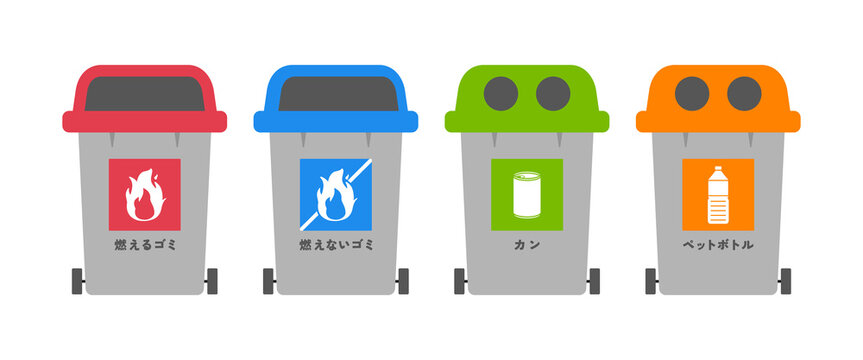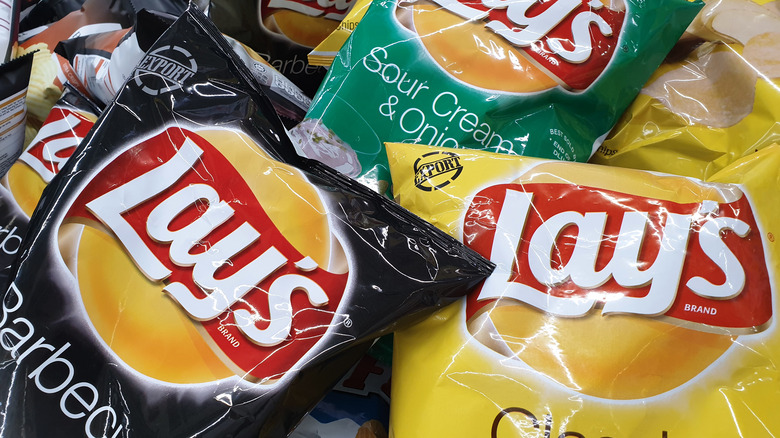There are many different things in the U.S. compared to our home countries. When you come to the U.S., you might experience culture shock. On the other hand, when you return to your home country, you might experience “reverse” culture shock! Actually, I already experienced both, when I started to live here, in the U.S., and when I went back to my home country, Japan. So I want to help prepare you with two examples.
My culture shock was how to dispose of trash. When I came here, I was surprised that it is allowed to throw anything away in one trash can without separating. I remember that I asked my roommate how I could separate the empty jar to throw away, and she told me that I don’t have to separate it. I was shocked when I heard it. But since I live here, it is really convenient because I can throw trash away without thinking about separating! And I didn’t realize that this experience led to reverse culture shock until I went back to Japan…

When I went back to Japan during summer break, I finished eating a cup of instant noodles and threw the empty cup into the burnable trash. My mother got angry at me. In my hometown in Japan, we're supposed to rinse the cup with water, separate it as plastic waste, and dispose of it properly. I had completely forgotten about that, and I remember feeling reverse culture shock.

Another international student, Lukas from Germany, also experienced culture shock and reverse culture shock. Lukas’ culture shock when he moved from Germany to the U.S. was the huge size of everything—cereal boxes, chip bags, and candy packages. The portions labeled as "family size" were much larger than the things in Germany. Additionally, food portions in restaurants were significantly bigger, and he needed takeout boxes to avoid wasting food, which is a common habit in the U.S.
When he went back to Germany during the summer break, he experienced reverse culture shock with public transportation. After getting used to traveling everywhere by car or on foot in the U.S., being back in Berlin and having easy access to public transit felt both surprising and refreshing which he had almost forgotten.
I introduced two culture shocks and reverse culture shocks. I hope this blog helps you prepare for those experiences when you come to the U.S. But those experiences are so interesting and broaden your perspective, so enjoy them! Thank you for reading to the end.
Contact International Programs
The office is open for students and visitors Monday - Thursday 9:00 am - 5:00 pm and Fridays 10:00 am - 4:00 pm Pacific Standard Time (UTC-8:00). Office hours during the breaks may differ, and the campus is closed on Fridays during the Summer session.
International Programs Office
Alan Thompson Library (LIB) 110
(360) 442-2310
international@lowercolumbia.edu